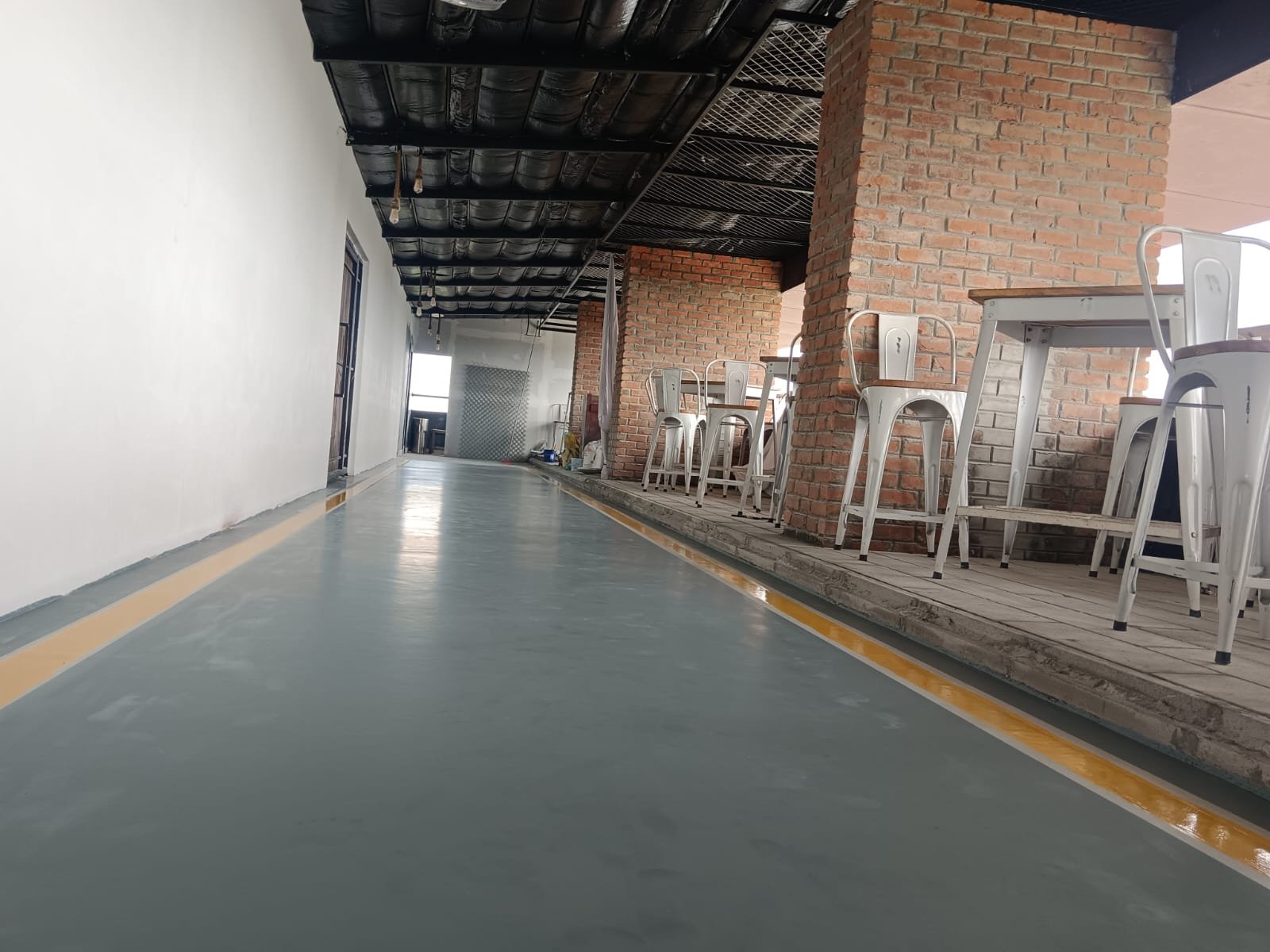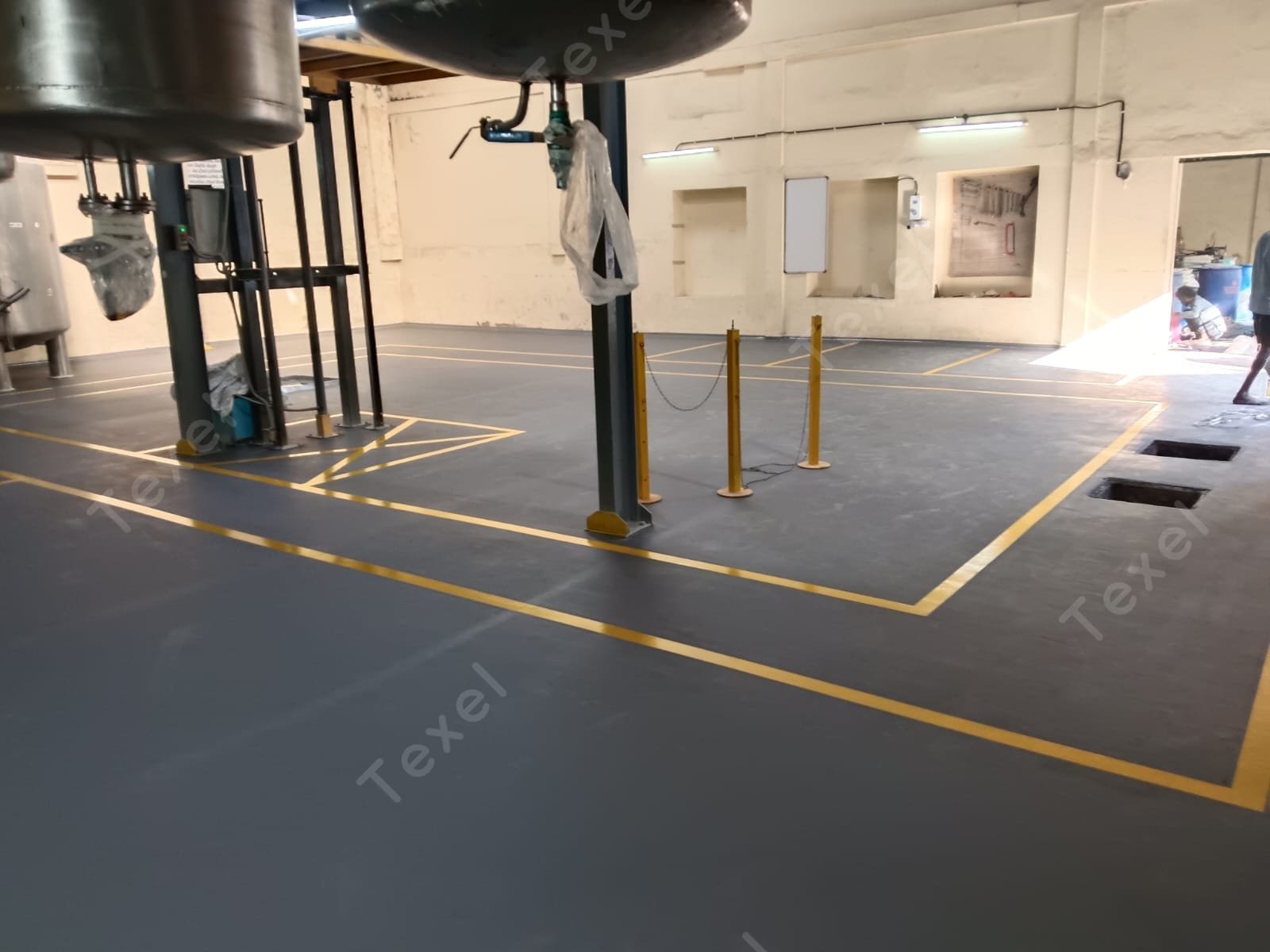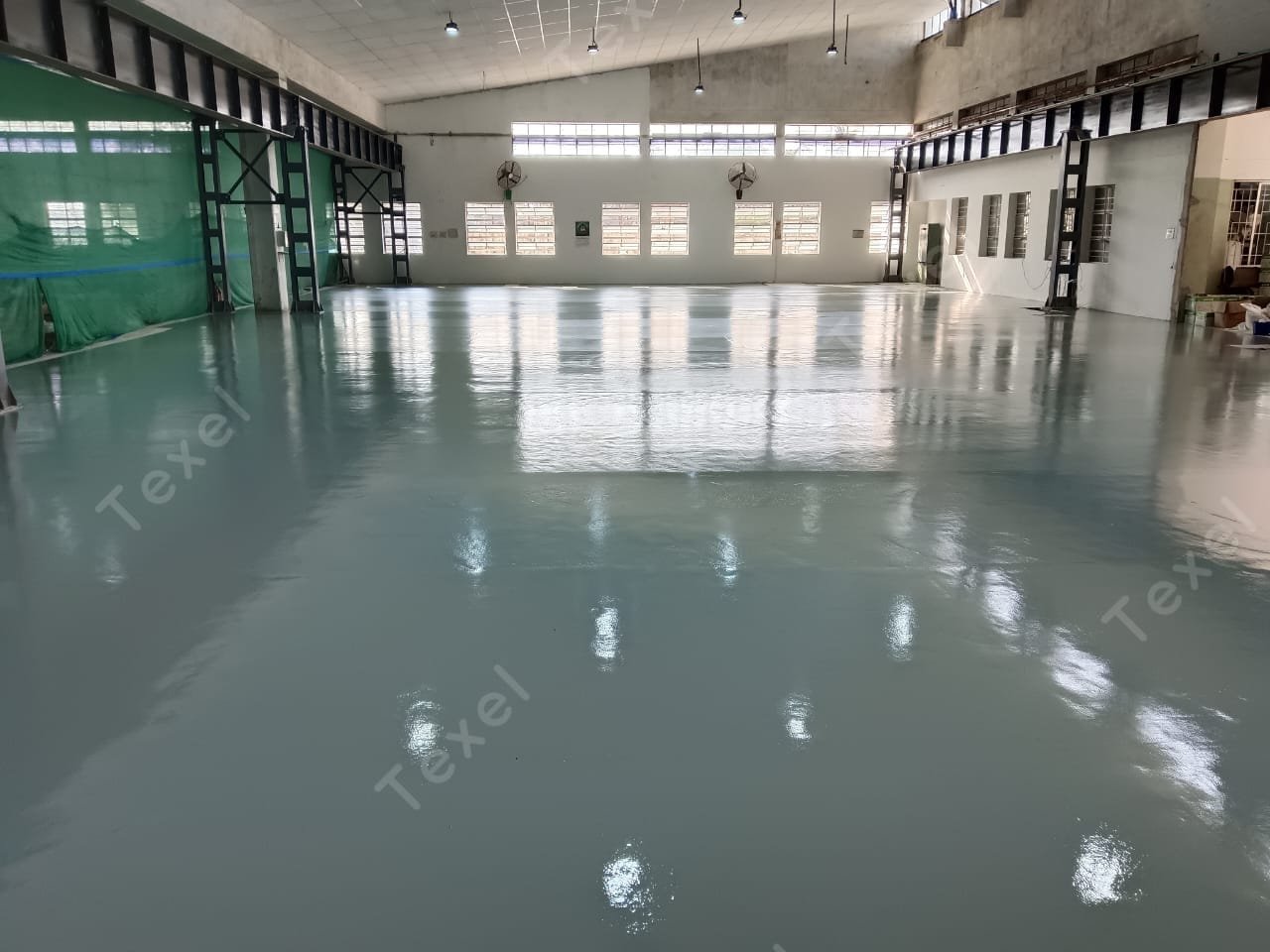PU INJECTION GROUTING
PU
INJECTION GROUTING
INTRODUCTION
Polyurethane injection grouting is a widely used technique for sealing
leaks, filling cracks, and providing structural reinforcement in concrete
structures. This method involves injecting a liquid polyurethane resin into
cracks or voids, where it reacts with water (if present) or a catalyst to
expand and form a flexible, water-tight seal.
INSTALLATION PROCESS OF PU INJECTION
GROUTING
The installation of PU (Polyurethane) injection grouting involves several
steps to ensure a proper seal and effective repair of cracks or voids. Here’s a
detailed step-by-step process for PU injection grouting:
1. Surface Preparation
§
Identify the Cracks: Locate and mark the
cracks or voids that need sealing.
§
Clean the Surface: Remove dust, debris,
oil, grease, or any loose particles around the crack to ensure proper bonding.
§
Drill Injection Holes: Drill holes along
the length of the crack at an angle to intersect the crack at its midpoint. The
holes should be spaced based on the width and depth of the crack.
2. Install Injection Ports
§
Insert Ports: Place mechanical or plastic
injection ports into the drilled holes. These ports act as conduits for the PU
grout.
§
Secure Ports: Use an epoxy adhesive or
similar material to seal around the ports and ensure that grout will not leak
out during injection.
§
Seal the Surface: For larger or visible
cracks, apply an epoxy or sealant over the crack’s surface to prevent grout
from escaping during the injection.
3. Preparation of the PU Grout
§
Mix the Components: If using a
two-component PU grout, mix the components as per the manufacturer’s
instructions. Single-component types can be used directly.
§
Check Equipment: Ensure that the
injection equipment (grout pump or manual applicator) is clean and in working
condition.
4. Injection Process
§
Start Injection at the Lowest Point:
Begin injecting the PU grout at the lowest port (or the first one in a vertical
line) and move upwards or across sequentially.
§
Monitor the Flow: Inject until the
material flows out of the next port, signaling that the crack is filled to that
point.
§
Close Ports: Close the filled port using
a cap or valve and move to the next one. Repeat this process until the entire
crack is sealed.
5. Expansion and Curing
§
Reaction with Water: The polyurethane
grout reacts with any present water (in the crack) or with a catalyst,
expanding to fill the void.
§
Curing Time: Allow sufficient time for
the PU grout to cure and solidify. Curing times vary depending on the product,
usually from a few minutes to several hours.
6. Finishing Touches
§
Remove Ports: Once the grout has cured,
remove the injection ports by cutting or unscrewing them.
§
Surface Finishing: Patch the holes left
by the ports with an appropriate sealant and smooth the surface.
§
Inspection: Check the area for any missed
spots or leaks and ensure the repair is watertight.
7. Quality Control
§
Pressure Test: In some cases, a pressure
test may be performed to confirm the seal’s integrity.
§
Visual Inspection: A thorough visual
inspection should be conducted to ensure there are no signs of grout leakage or
weak spots.
This detailed process ensures that the PU injection grouting is applied
effectively for waterproofing, crack repair, or structural reinforcement in
concrete and masonry structures.
CONCLUSION
PU injection grouting is an effective and versatile solution for addressing cracks, leaks, and voids in concrete structures. Its ability to expand and form a durable, water-tight seal makes it an essential method for waterproofing and structural repairs. The process is efficient, adaptable to various environments, and can handle active water leaks, making it suitable for use in basements, tunnels, dams, and other critical structures.
Related Posts
Leave a Reply Cancel reply
You must be logged in to post a comment.



